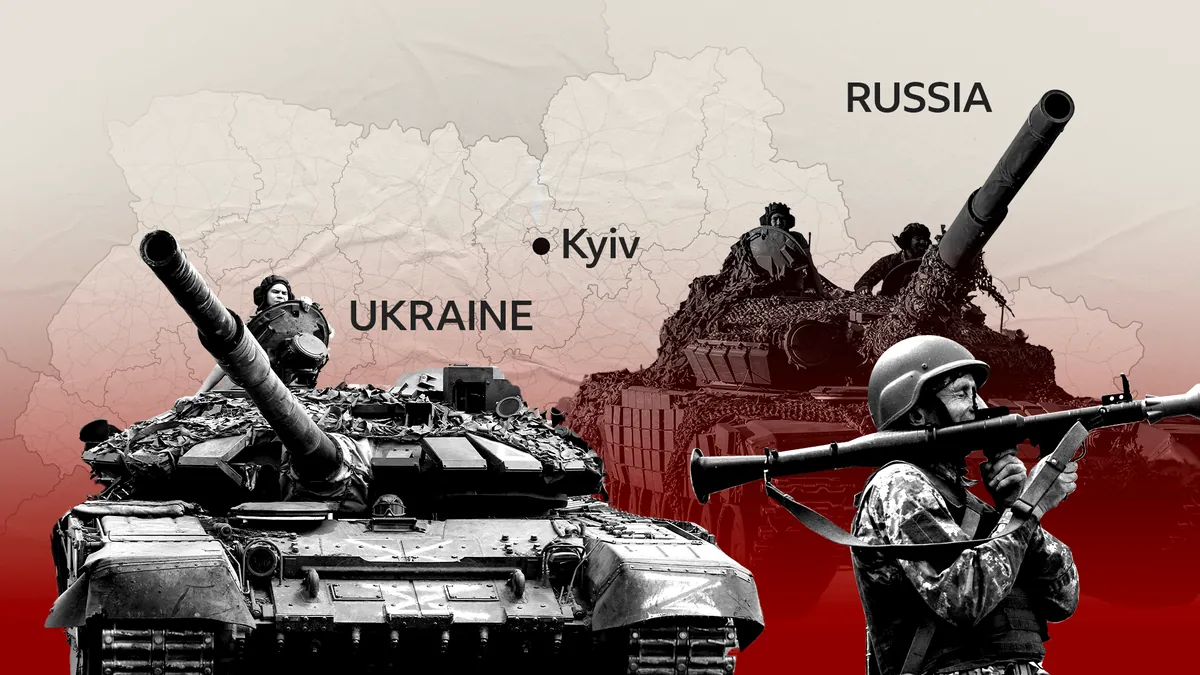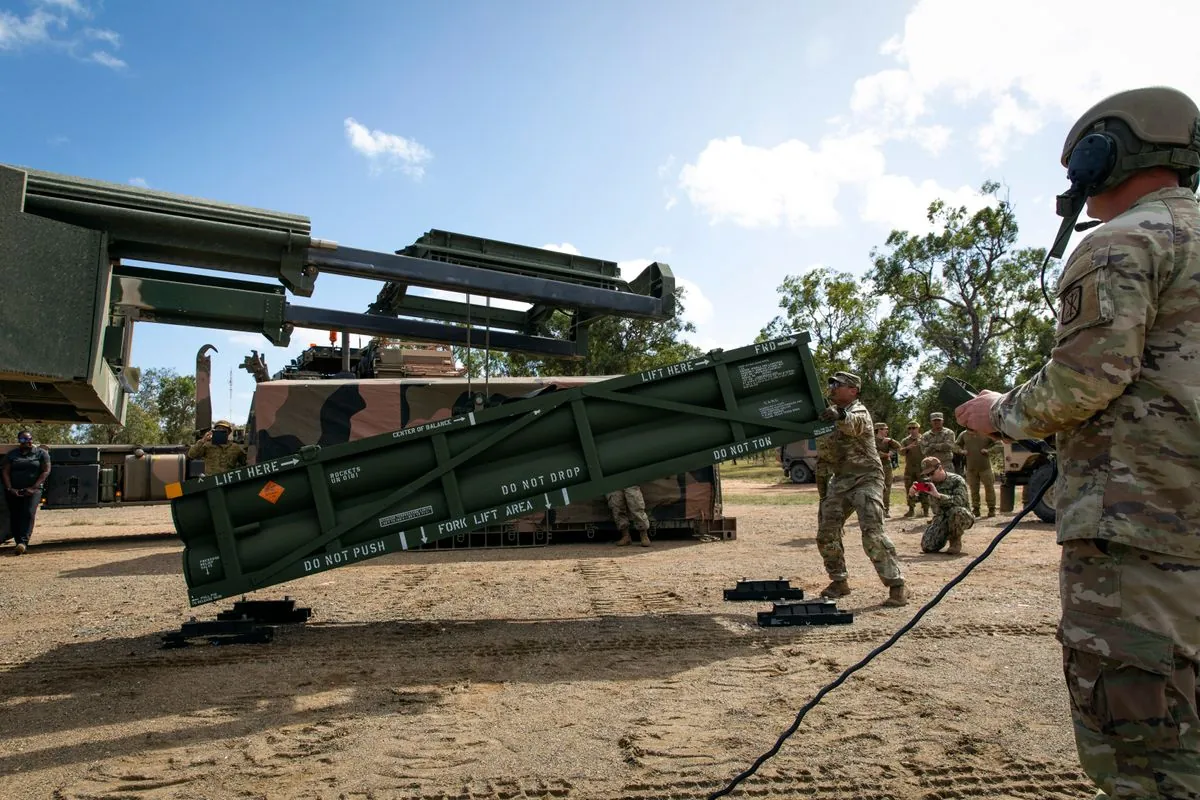Russia Threatens Escalation as West Debates Ukraine's Long-Range Strike Capability
Russian officials warn of potential nuclear retaliation if Ukraine conducts deep strikes. Western allies consider allowing long-range attacks, while Kyiv urges decisive action against Russian military facilities.

In a significant escalation of rhetoric, Russian officials have issued stark warnings to the West and Ukraine regarding potential long-range strikes into Russian territory. This development comes as Western leaders deliberate on whether to permit Ukraine to utilize their weapons for such deep strikes, a capability Kyiv has long sought from its NATO allies.
Volodymyr Zelenskiy, Ukraine's President, recently stated that his strategy for achieving victory hinges on Washington's decision, clearly alluding to the authorization for long-range strikes. This statement underscores the critical nature of such capabilities in Ukraine's efforts to counter Russian aggression, which began with the annexation of Crimea in 2014 and has since escalated into a full-scale conflict.
Andriy Yermak, the head of Zelenskiy's office, emphasized the need for decisive action, stating, "Strong decisions are needed. Terror can be stopped by destroying the military facilities where it originates." This call for action reflects Ukraine's strategic aim to limit Moscow's ability to launch attacks on Ukrainian soil.

Western allies, however, have shown reluctance to grant such authorization, citing concerns that Moscow might perceive it as an escalation. This hesitation stems from the delicate balance of power in the region and the potential for further intensification of the conflict.
In response to these discussions, Russian officials have issued severe threats. Sergei Ryabkov, Russia's Deputy Foreign Minister, claimed that a decision to allow such strikes had already been made and communicated to Kyiv, warning of a harsh Russian response. "We are ready for everything," Ryabkov stated, adding ominously, "And we will react in a way that will not be pretty."
Former Russian President Dmitry Medvedev, now serving as deputy chairman of the country's security council, escalated the rhetoric further. He suggested that Ukraine's recent incursion into Russia's Kursk region, which borders Ukraine, could provide grounds for Russia to use its nuclear arsenal. Medvedev's threats included the possibility of using non-nuclear but highly destructive weapons, painting a grim picture of Kyiv's potential fate.
"And that would be it. A giant, grey, melted spot instead of 'the mother of Russian cities'."
These threats highlight the dangerous escalation of tensions and the potential for catastrophic consequences. The concept of mutually assured destruction, a cornerstone of nuclear deterrence since the Cold War, looms large over these developments.
It's worth noting that Ukraine relinquished its nuclear weapons in the 1990s, which were then the third-largest arsenal globally, under the Budapest Memorandum. This agreement, signed in 1994, saw Russia, the US, and the UK pledge to respect Ukraine's sovereignty – a commitment that has been severely tested in recent years.
As the situation unfolds, the international community watches closely, aware that decisions made in the coming days could have far-reaching implications for global security and the future of the region.


































